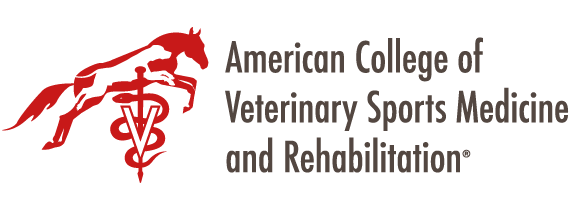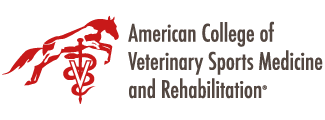
To become a diplomate of the American College of Veterinary Sports Medicine and Rehabilitation® , veterinarians must complete an internship (or equivalent) and residency training program followed by a rigorous board-certification examination.
In order to achieve board certification, individuals must obtain each of the credentials below:
- Completion of a 1-year rotating-internship or equivalent
- Acceptance of resident’s American College of Veterinary Sports Medicine and Rehabilitation® Residency Training Program
- Successful completion and approval of all Resident Training Requirements
- Submission and acceptance of all Credentials (completion of resident training program and first author manuscript accepted for publication)
- Successful passing of both components of the Board-Certification Examination
Residency Program
A formal residency training program requires oversight and supervision by a Diplomate of the American College of Veterinary Sports Medicine and Rehabilitation®. The resident’s training is to be focused on specific aspects of sports medicine and rehabilitation, as they relate to athletic animals and the restoration of normal function after injury or illness in all animals.
There are two types of residency training programs:
- Traditional Residency Program
- Alternative Residency Program
For a Traditional Residency Program, a resident receives the majority (> 50%) of training at one practice/institution which meets all requirements for training, supervision, didactic education, and clinical experience. Specialty service rotations and special rotations may be completed at secondary practice/institution(s) as approved by the Resident Program Director. A Traditional Residency Program is designed to be completed in 156 consecutive weeks.
An Alternative Residency Program must meet the same criteria but is often done over a longer time period than the typical Traditional Residency Program. This alternative track allows a significant degree of flexibility for a candidate to satisfy all training requirements within 6 years of the start date of the residency program. For example, an alternative training program could be an individual that functions as a resident, working part-time within a practice/institution under ACVSMR diplomate supervision. Additionally, training programs where the majority of training is not performed at a single practice/ institution, but rather is split between two or more practices/ institutions, would be considered an Alternative Residency Program.
All Residents begin their programs in July of the chosen year. Resident registration is required by August 1, immediately following the beginning of their residency program
Residency openings are posted here as they are received on the Employment page and/or on the VIRMP website.
Potential residents will want to read through the current Residency Program Guidelines for a more complete understanding of the requirements that will need to be fulfilled before and after residency.
Current Residency Program Guidelines (Revised June 2023)
APPLICATION REQUIREMENTS
For all residency programs, a resident applicant must apply by March 15th* for a start date in July.
*The exception to this are residents who have been accepted to a pre-approved residency training program, in which case the resident applies directly to the pre-approved program per the instructions set forth by that pre-approved program.
Use the “ACVSMR Residency Checklist” to ensure all documentation is provided appropriately. The following should be submitted by the deadline above to be considered for a residency training program.
- Residency Training Program Plan (Alternative or Traditional)-fillable
- CV (PDF format)
- Copy of Veterinary Diploma (PDF or JPG format)
- Cover Letter
Once accepted to a residency training program please submit the resident registration form (below) by August 1st of your first year, immediately following the July start of the Residency Program:


